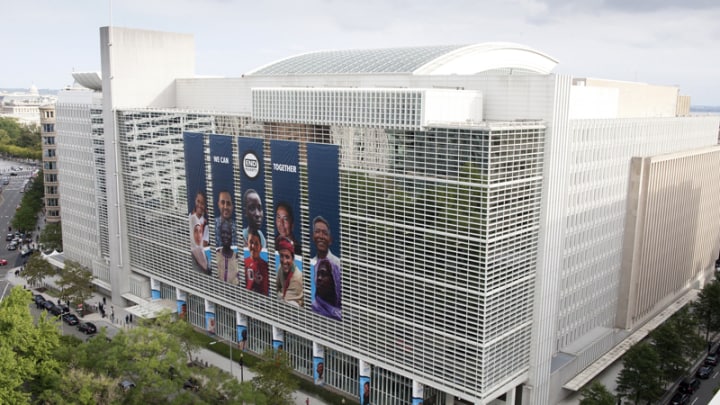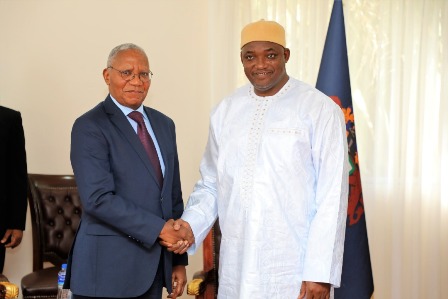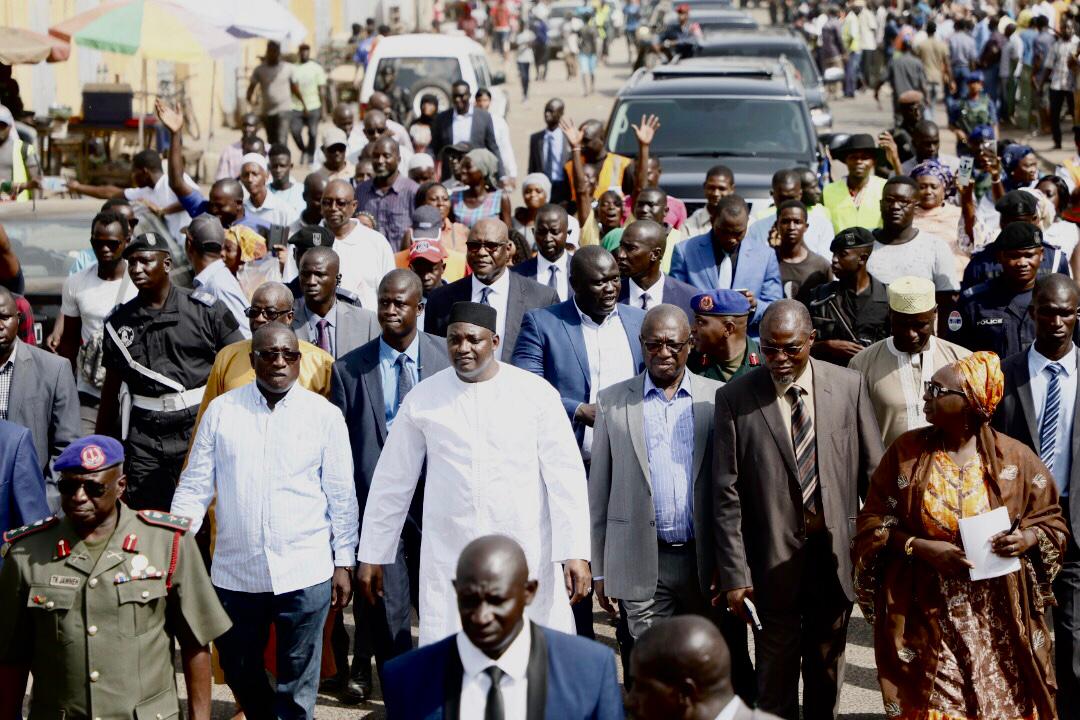The World Bank Board of Executive Directors on Friday approved a US$30 million development policy grant to support Gambia’s efforts to improve debt and public investment management.
The World Bank said in a statement said that the grant improves financial viability and service delivery in the energy and telecom sectors, and enhances the transparency and governance framework of State-Owned Enterprises (SOEs).
’This first in a series of two programmatic Development Policy Operations supports The Gambia’s efforts to undertake fundamental reforms to improve fiscal management for better public service delivery,” said Elene Imnadze, the World Bank Resident Representative to The Gambia.
This Development Policy Operation will ensure that public investment projects are appraised as per National Development Plan priorities and support the adoption of a new procurement bill to eliminate the use of single source procurement and tighten the emergency clause for its use.
The financing will also help enhance the financial and operational performance of the energy utility in order to provide cheaper, more reliable and cleaner energy. In addition, it will support the ringfencing of the telecom infrastructure and restructuring of the SOEs in that sector to strengthen the digital economy.
“This operation will support the government in strengthening fiscal transparency and reducing fiscal risks and promote a governance framework to ensure long-term sustainability of the SOE sector,” said Mehwish Ashraf, the World Bank Country Economist and co-Task Team Leader.
This first operation is aligned with the development priorities of the Government as reflected in the National Development Plan for 2018-2021 which identifies economic stabilization, growth stimulation and structural transformation as key priorities for The Gambia.
The World Bank’s International Development Association (IDA), established in 1960, helps the world’s poorest countries by providing grants and low to zero-interest loans for projects and programs that boost economic growth, reduce poverty, and improve poor people’s lives.
IDA is one of the largest sources of assistance for the world’s 76 poorest countries, 39 of which are in Africa.
Resources from IDA bring positive change to the 1.6 billion people who live in IDA countries. Since 1960, IDA has supported development work in 113 countries.
Annual commitments have averaged about US$21 billion over the last three years, with about 61 percent going to Africa.





